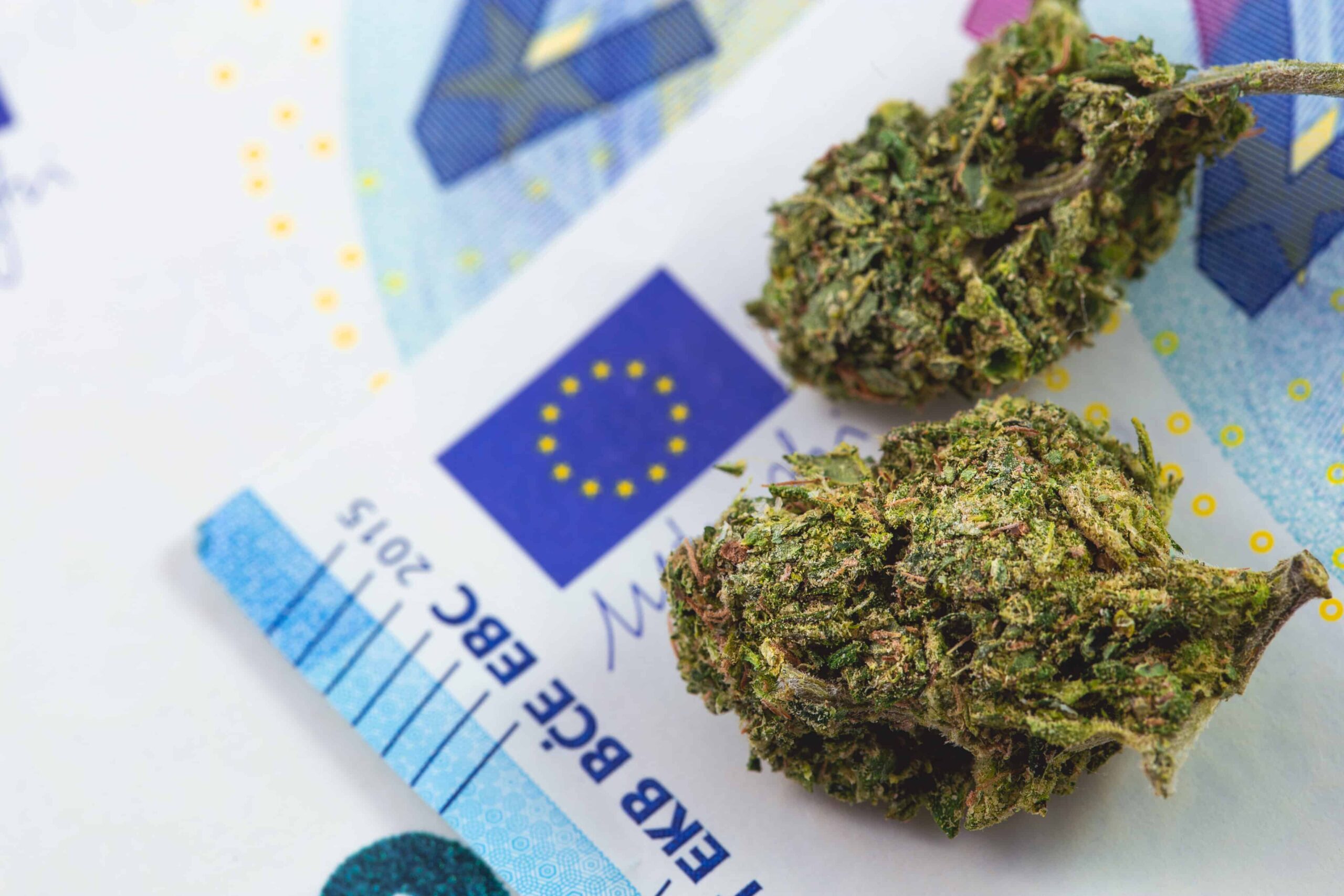
Latest report states that cannabis is the most commonly used substance in Europe
The European Monitoring Center for Drugs and Drug Addiction (EMCDDA) report entitled “Cannabis – the current situation in Europe (European Drug Report 2023)” describes cannabis as “by far the most commonly used illicit drug in Europe”.
The report cites national surveys showing that 8% of European adults (out of around 22.6 million people aged 15-64) have used cannabis in the last year. An estimated 1.3% of adults (approximately 3.7 million people) are described as “daily” or “almost daily” users.
As cannabis continues to grow in popularity, it often creates “problems” among consumers, according to the report. “However, there remains a need to better understand the nature of the problems faced by cannabis users, as well as the pathways of referral and treatment options for those with cannabis problems,” the report states.
The report adds that in the 2021 European Web Survey on Drugs data, 95% of participants who had used cannabis in the past 12 months, 32% opted for using “resin”, 25% for edibles and 17% for edibles extracts have decided. In the European Union (EU), the resin tested contained 20% THC, while the buds tested contained 9.5% THC.
The EMCDDA claims that in 2021 97,000 people entered drug treatment programs for “problems related to cannabis use”, with 55,000 of these people entering it for the first time.
In addition, records of seizures of cannabis products in 2021 reached their highest level in more than 10 years. The report cites Spain as the country with the highest percentage of seizures of cannabis products, at 66%.
In total, the EU reportedly seized more than 202,000 cannabis resin products in 2021 (equivalent to a seizure of 816 tonnes or 1,798,972 pounds). 256 tonnes (or 564,383 pounds) of cannabis flower were seized. In Turkey alone, 33 tonnes (or 72,752 pounds) and 31 tonnes (or 68,343 pounds) of cannabis flower were seized in 9,800 seizures of cannabis resin products.
“There is an increasing variety of cannabis products in Europe. This applies to both the illicit drug market and consumer markets, where products appear that contain small amounts of THC but also other substances derived from the cannabis plant, such as CBD,” the EMCDDA wrote. “In the illicit drug market, the availability of highly potent extracts and edibles is a particular concern and is associated with acute toxicity symptoms in hospital emergency departments.”
The report also raised concerns about the synthetic cannabinoid hexahydrocannabinol, which has recently become available in certain EU countries.
The EU is made up of 27 countries, some of which have enacted the legalization of medicinal or recreational cannabis to prevent the black market from thriving.
In December 2021, Malta became the first EU country to legalize recreational cannabis. The country’s approach to regulating possession, cultivation and sale allows residents of Malta to possess seven grams of cannabis in public (or up to 50 grams at their private residence) and up to four plants grown at home.
More recently, German officials have been working hard to develop a regulatory framework for legalizing cannabis. In April 2023, the latest draft provides for the use of state-controlled non-profit associations. If passed, it would allow residents 18 and older to purchase up to 25 grams of cannabis per day (or up to 50 grams per month). Those aged 18 to 21 would be limited to just 30 grams per month.
Other EU countries are also currently working on their own versions of legalization, including Luxembourg, the Czech Republic and the Netherlands.
Switzerland, on the other hand, is currently allowing numerous pilot programs for cannabis research trials in certain parts of the country. The SCRIPT study, conducted by the University of Bern, does not legalize cannabis but was set up to investigate the “health and social impact” of regulated cannabis in local dispensaries. “Our study therefore does not aim to legalize cannabis in the free market – but to address the problems caused by prohibition and the black market and to test possible approaches to harm reduction and tight control of supply and distribution, use and demand” for cannabis said the head of the SCRIPT researcher Reto Auer.

Post a comment: